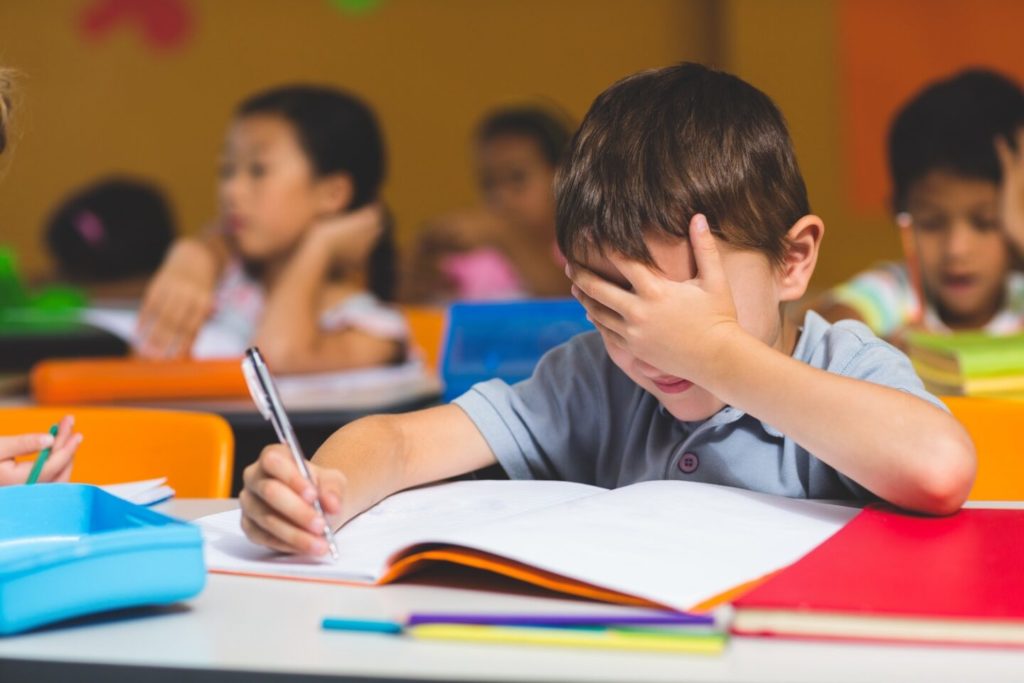Audit: Louisiana education agency ignores some disabled student complaints
(The Center Square) – A recent review of how the Louisiana Department of Education handles complaints about special education services for students with disabilities found many are ignored or…

(The Center Square) – A recent review of how the Louisiana Department of Education handles complaints about special education services for students with disabilities found many are ignored or routed elsewhere.
A recent report from the Louisiana Legislative Auditor that analyzed the department’s complaint process for students with disabilities who received special services in the 2021-22 school year found a large percentage went unaddressed.
The report is the first in a series from the LLA on the department’s oversight of students with disabilities who receive special education services and its compliance with the federal Individuals with Disabilities Education Act.
Louisiana was home to 685,606 kindergarten through 12th grade public school students as of October 2022, and 89,681, or about 13% received special education services due to a disability. Federal law requires education officials to set aside funds for complaint investigations, and the Louisiana Department of Education devoted $485,605 for that purpose in 2021-22 or about 2% of the $22.8 million it received in federal Individuals with Disabilities Education Act funding.
“We found LDOE investigated and rendered decisions on 61 formal complaints in academic year 2021-2022. However, it did not address all allegations it received through its dispute resolution email,” auditors wrote. “Specifically, LDOE received an additional 42 emails through its dispute resolution email but did not investigate these allegations.
“LDOE responded to nine (21.4%) of these emails, did not respond to 13 (31%) of these emails, and could not provide evidence of how they responded to 20 (47.6%) of these emails.”
About 29% of the complaints the department investigated involved individualized education plans for students, while others included lack of communication (12%), bullying, abuse or harassment (9.8%), and failure to maintain or provide records (8.7%); along with other issues. Of the 61 complaints processed, 21 or 34.4% were withdrawn after school officials worked with parents to resolve the issue, 17 or about 28% were dismissed by the education department, 16 or 26% were investigated with no findings, and 7 or 11.5% resulted in findings against the school system.
Auditors found that while education officials often contacted schools regarding complaints, contact with parents was lacking, even when complaints were dismissed for lack of information. Auditors pointed to a consultant’s report for the department issued in May that found only 436 or 47.8% of 954 parents surveyed were aware of the dispute resolution options offered by the education department.
One example response “summarizes parent response from our 2023 survey” about the complaint process: “It isn’t worth the time and the most vulnerable families and students are suffering.”
LLA staff also highlighted the result of calls made to the education department to pursue a complaint, with nine out of 10 ending in incorrect referrals to local school boards, a general LDOE email, the U.S. Department of Education, or a local number.
Auditors how Louisiana handles the complaints compared to other states and offered suggestions for improvement. Recommendations included ensuring all emails with allegations receive a response, better tracking of complaints and resolutions, a dedicated call line, more resources and information on the state website, contacting complainants, dispute resolution forms in languages other than English, and posting complaints and resolutions online.
Meredith Jordan, executive director of Diverse Learners with the education department, penned a letter to LLA Mike Waguespack in response to the report that concurred with all recommendations.
The department “has already begun working to implement the improvements,” Jordan wrote.
“As one example, by directing existing agency resources, we have created the state’s first special education ombudsman position as well as an additional complaint investigator,” she wrote. “This will give parents greater access to someone to help them navigate their concerns and also more effectively review parent grievances.”



